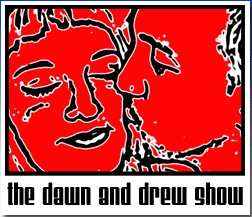Reason: You’d Have to Be Crazy: Mental illness is the new normal:
In the sketch Steve Martin plays Theodoric of York, a medieval barber with a patient whose condition has not improved despite a bloodletting, a sheep’s-urine-and-staghorn poultice, and a night buried in the marsh up to her neck. ‘Medicine is not an exact science,’ Theodoric tells the girl’s mother, ‘but we are learning all the time. Why, just fifty years ago, they thought a disease like your daughter’s was caused by demonic possession or witchcraft. But nowadays we know that Isabelle is suffering from an imbalance of bodily humors, perhaps caused by a toad or a small dwarf living in her stomach.
That funny bit makes its point well. As does this more serious bit:
Judging from the way psychiatrists respond to Szasz’s critique, most of them believe schizophrenia and perhaps a few other conditions described in the DSM are diseases of the brain in the same sense as Alzheimer’s or multiple sclerosis, albeit with etiologies that are not yet clear. But when it comes to habits and traits such as smoking, gambling, gluttony, shyness, impulsiveness, inattentiveness, dishonesty, and nastinessnot to mention diagnoses that have fallen out of psychiatric fashion, such as homosexuality and multiple personality disorder even psychiatrists recognize the arbitrariness of their taxonomy.
In my eyes psychotherapy is a way of talking about the psyche that is nothing to do with health or illness, it is a way of reclaiming a holistic account of the self that was provided by religion and superstition and in the past. The language of medicine distorts the holistic endeavour.
Later Saturday, 6 February, 2010
Metaxy.
How does the “way of talking” relate to science? I think it is something of value, even if it is full of “dormative hypothesis”.
My defense of the dormative hypothesis (ie that it is not so bad if seen in the right way) is that it is a poem, and that poems are a way of compressing and making order. Making order is a form of science.





